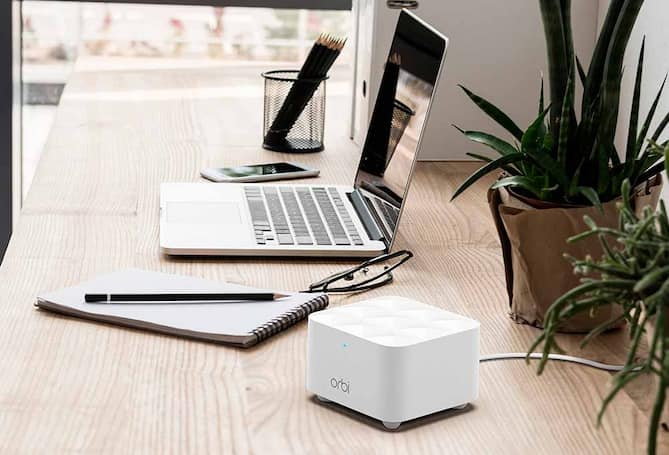The Top Reasons You Need a USB Wi-Fi Adapter

What is a USB network adapter?
A USB Wi-Fi adapter, or network adapter, is a compact device that connects to a computer’s USB port to enable wireless internet connectivity. Essentially, it acts as a bridge between your computer and a Wi-Fi network, allowing you to connect to the internet without requiring built-in wireless functionality. These adapters are often plug-and-play, making them an accessible and user-friendly solution for adding Wi-Fi capabilities to devices that lack them.
The primary function of a USB Wi-Fi adapter is to transmit and receive data between your computer and a wireless router. It achieves this by utilizing radio frequencies to communicate with nearby Wi-Fi networks. Modern USB adapters support a variety of wireless standards, ensuring compatibility with most routers and delivering high-speed internet access.
Uses of a USB Wi-Fi adapter
Upgrading older devices
Enhancing Wi-Fi performance
Adding portability to wired devices
Mobile and travel connectivity
Benefits of using a USB Wi-Fi adapter
USB Wi-Fi adapters offer several advantages that make them a popular choice for wireless connectivity:
- Easy installation and use. Most USB Wi-Fi adapters are plug-and-play, requiring minimal technical expertise to set up. Many operating systems automatically recognize and configure them, eliminating the need for complex installations.
- Portability. The compact size of USB Wi-Fi adapters makes them easy to carry, allowing users to stay connected wherever they go. This portability is especially beneficial for professionals who frequently work from different locations.
- Cost-effective solution. Compared to upgrading internal hardware, purchasing a USB Wi-Fi adapter is a more affordable way to improve wireless capabilities. It’s an excellent option for budget-conscious users looking to enhance their internet experience.
- Enhanced performance. High-quality USB Wi-Fi adapters often include features like dual-band connectivity, advanced antennas and support for the latest Wi-Fi standards. These features ensure better speed, range and reliability compared to older or built-in Wi-Fi components.
- Flexibility. USB Wi-Fi adapters can be used interchangeably between multiple devices. If you upgrade or replace your computer, you can continue using the same adapter without additional costs or compatibility concerns.
Incorporating a USB Wi-Fi adapter into a home security system
USB Wi-Fi adapters can also play a critical role in enhancing the functionality of a home security system.
Many modern security cameras rely on a home Wi-Fi network for connectivity. If your main security hub or recording device lacks built-in Wi-Fi, a USB Wi-Fi adapter can enable seamless wireless communication between the cameras and the network. In larger homes, Wi-Fi dead zones can pose additional challenges for maintaining stable connections to security devices. A high-performance USB Wi-Fi adapter with an external antenna can help extend the range and reliability of your home security network.
By adding Wi-Fi capabilities to your home security system, you can access live camera feeds or control smart security devices remotely using your smartphone or computer. This flexibility is especially valuable when you’re away from home. A USB Wi-Fi adapter can serve as a backup connection option for your security system. If the primary internet connection goes down, you can use the adapter to connect to an alternative Wi-Fi network or hotspot, ensuring uninterrupted security coverage.
How to choose the best USB Wi-Fi adapter
Selecting the best USB Wi-Fi adapter depends on your specific needs and use case. Consider the following factors when making your decision:
- Compatibility. Ensure the USB Wi-Fi adapter is compatible with your device’s operating system and USB port type. Modern adapters often support USB 3.0 for faster data transfer rates, but they are also backward compatible with USB 2.0 ports.
- Wireless standards. Look for adapters that support the latest wireless standards. These standards offer faster speeds, lower latency and better performance in congested networks.
- Speed and bandwidth. Consider the adapter’s maximum speed capabilities. For activities like gaming, streaming or video conferencing, choose an adapter that supports higher bandwidth and dual-band connectivity.
- Antenna design. USB Wi-Fi adapters come in various designs, including compact models and those with external antennas. Adapters with external antennas typically provide better range and signal strength, making them ideal for use in large homes or areas with weak Wi-Fi signals.